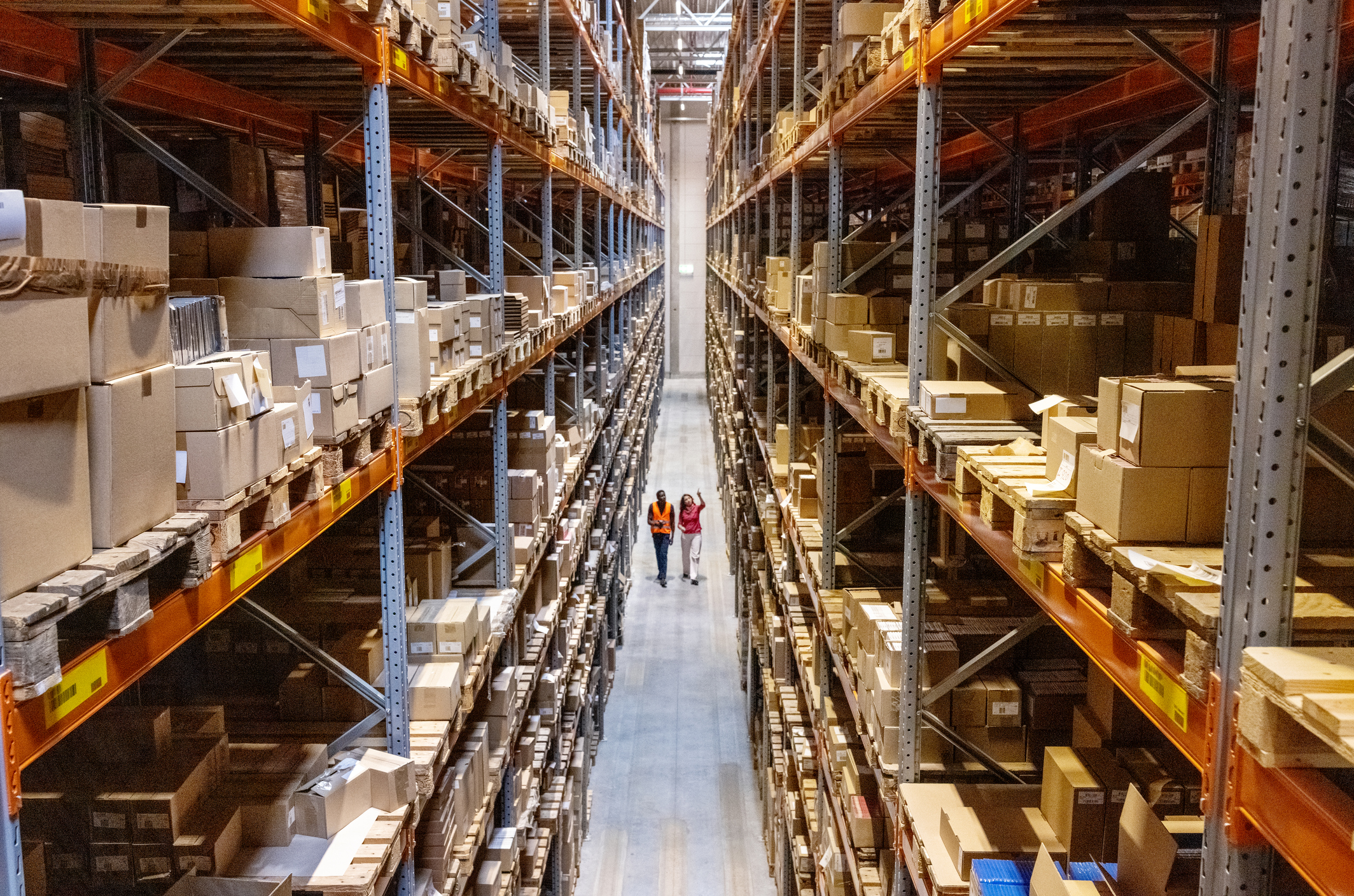Manufacturers are increasingly facing risks that can impact their operations significantly—both in production and public relationships. Roughly 84% of respondents to a 2022 survey said they’re willing to pay more for products from a company they perceive to be socially responsible, illustrating the increasing need for all sectors to engage with sustainability.
The growing climate challenge
Climate-related events such as floods, storms and wildfires are becoming more common, creating new and complex risks for manufacturers. These disruptive events can halt production lines, jeopardize inventory and harm the infrastructure supporting manufacturing operations. In response, manufacturers must adopt proactive risk management and adaptation strategies to bolster their resilience against the unpredictable.
Sustainable practices—reducing emissions, optimizing resource usage and employing renewable energy—are becoming less of a goal and more necessary for manufacturers. These changes help businesses meet regulatory requirements while reinforcing climate resilience, bolstering their ability to weather the weather. This alignment fosters brand loyalty and potentially enhances market competitiveness.
Businesses are increasingly relevant in this aspect. Local climate-risk data is available to all companies. Specialized insurance coverage, risk consultancy and support in developing climate resilience strategies enable manufacturers to mitigate risks while continuing to operate amidst uncertainty.
Supply-chain disruptions and their ripple effect
Global supply chains are under growing strain from geopolitical tensions, natural disasters, pandemics, and other unprecedented events, leading to heightened unpredictability. Disruptions in one area of the supply chain can have a ripple effect, cascading through various sectors and, in many cases, becoming a significant barrier to business continuity.
In this landscape of uncertainty, manufacturers must diversify their supply chains and strengthen their strategies. Businesses need to identify alternative suppliers or distribution routes, which can help mitigate risks associated with supply-chain dependencies.
Furthermore, broader protections and more comprehensive risk analysis tools are now specifically tailored for manufacturers. These advancements allow businesses to pivot and adapt quickly, making insurance not merely a safety net, but an integral part of the strategic planning process.
Embrace technology for manufacturing resilience
As manufacturers surmount these challenges, technology emerges as a powerful ally. Integrating Internet of Things devices, artificial intelligence, and automation is redefining the manufacturing landscape, creating the oft-discussed Industry 4.0 set to alter industries forever.
These technologies facilitate proactive maintenance schedules, streamline production processes, and provide valuable insights into risk modeling. As a result, risk assessments become more accurate and reflective of current conditions, which may lead to improved premium settings in insurance offerings.
Ultimately, embracing technology reduces operational risks and positions manufacturers as forward-thinking and resilient players in an evolving market. Manufacturers taking a proactive approach to understanding industry trends and embracing consumer preferences, coupled with effectively marketing these advancements, will be better equipped to innovate and stay relevant.
A little more about insurance
Business interruption insurance is a coverage typically found in the property policy, which provides businesses with insurance coverage for physical damage to their physical property (i.e., the building or contents).
A business interruption policy assists businesses in recuperating from lost income and paying for ongoing expenses following a covered incident. The coverage is to protect businesses from financial losses resulting from disruptions to their business operations.
For loses caused by distribution issues, supply-chain insurance can offer protection for disruptions caused by property damage to a business’s supplier or customers’ business. It can cover: natural disasters, industrial accidents, labor issues, production process problems, political upheaval/war/civil strife, riots/disruptive civil action, closure of road/bridges/infrastructure, public health emergencies, regulatory action, or financial issues.
Conclusion
Building resilience within the manufacturing industry is both a challenge and an opportunity in an unpredictable world. Manufacturers must address climate challenges and supply-chain disruptions proactively by adopting sustainable practices, diversifying strategies, and leveraging advanced technologies.
Collaborations with professional independent insurance agents can further enhance these efforts, to help ensure manufacturers are well-equipped to manage risks and adapt to changing circumstances.
As the industry continues to evolve, those who embrace these principles will emerge as survivors and leaders in manufacturing resilience.
Katie Brenneman
Katie Brenneman is a passionate writer specializing in lifestyle, mental health, education, and fitness-related content. When she isn't writing, you can find her with her nose buried in a book or hiking with her dog, Charlie. To connect with Katie, you can follow her on Twitter.





